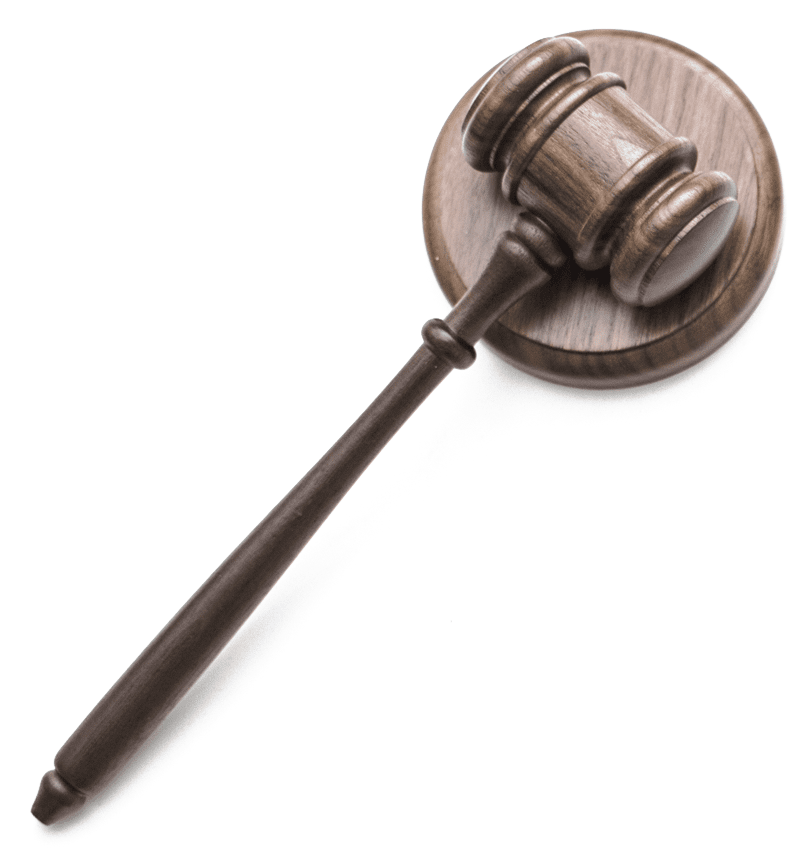Navigating the criminal justice system in Chicago can be an intimidating experience, especially when confronted with a barrage of legal terms and jargon. Understanding the terminology is crucial for anyone facing criminal charges or seeking to comprehend legal proceedings. In this comprehensive guide, we’ll decode common legal jargon associated with criminal defense in Chicago, shedding light on the intricacies of the legal process.
1. Arraignment:
The initial court appearance where charges are formally presented, and the accused is informed of their rights. It’s during the arraignment that a plea (guilty, not guilty, or no contest) is entered.
2. Bail:
A monetary sum or conditions set by the court to secure the temporary release of the accused before trial. Bail ensures the individual’s appearance in court.
3. Discovery:
The pretrial phase where both the prosecution and defense exchange evidence and information relevant to the case. It’s a crucial step for building a robust defense strategy.
4. Probable Cause:
The legal standard requiring sufficient evidence for law enforcement to make an arrest or obtain a search warrant. Establishing probable cause is fundamental to initiating legal proceedings.
5. Mitigating Circumstances:
Factors that may lessen the severity of a criminal offense, often considered during sentencing. Defense attorneys advocate for the recognition of mitigating circumstances to influence the outcome.
6. Plea Bargain:
An agreement between the prosecution and defense where the accused pleads guilty to a lesser charge in exchange for a more lenient sentence. Plea bargains are common in criminal cases.
7. Cross-Examination:
The questioning of a witness by the opposing party’s attorney during a trial. Cross-examination aims to challenge the credibility and accuracy of the witness’s testimony.
8. Grand Jury:
A group of citizens convened to review evidence and determine whether there is enough evidence to indict someone for a criminal offense. Grand jury proceedings are typically confidential.
9. Preponderance of Evidence:
The standard of proof in civil cases, requiring that the evidence presented is more convincing than the opposing party’s evidence. It is a lower standard than “beyond a reasonable doubt.”
10. Statute of Limitations:
The time limit within which legal action must be taken for a particular offense. If the statute of limitations expires, prosecution becomes legally barred.
Conclusion
Deciphering the legal jargon associated with criminal defense is essential for individuals navigating the complexities of the Chicago legal system. With the expertise of an experienced criminal defense attorney like Jorge Ochoa, clients can gain a clearer understanding of their case and make informed decisions. This guide serves as a valuable resource, empowering individuals with the knowledge needed to actively participate in their defense and ensure a fair legal process.
